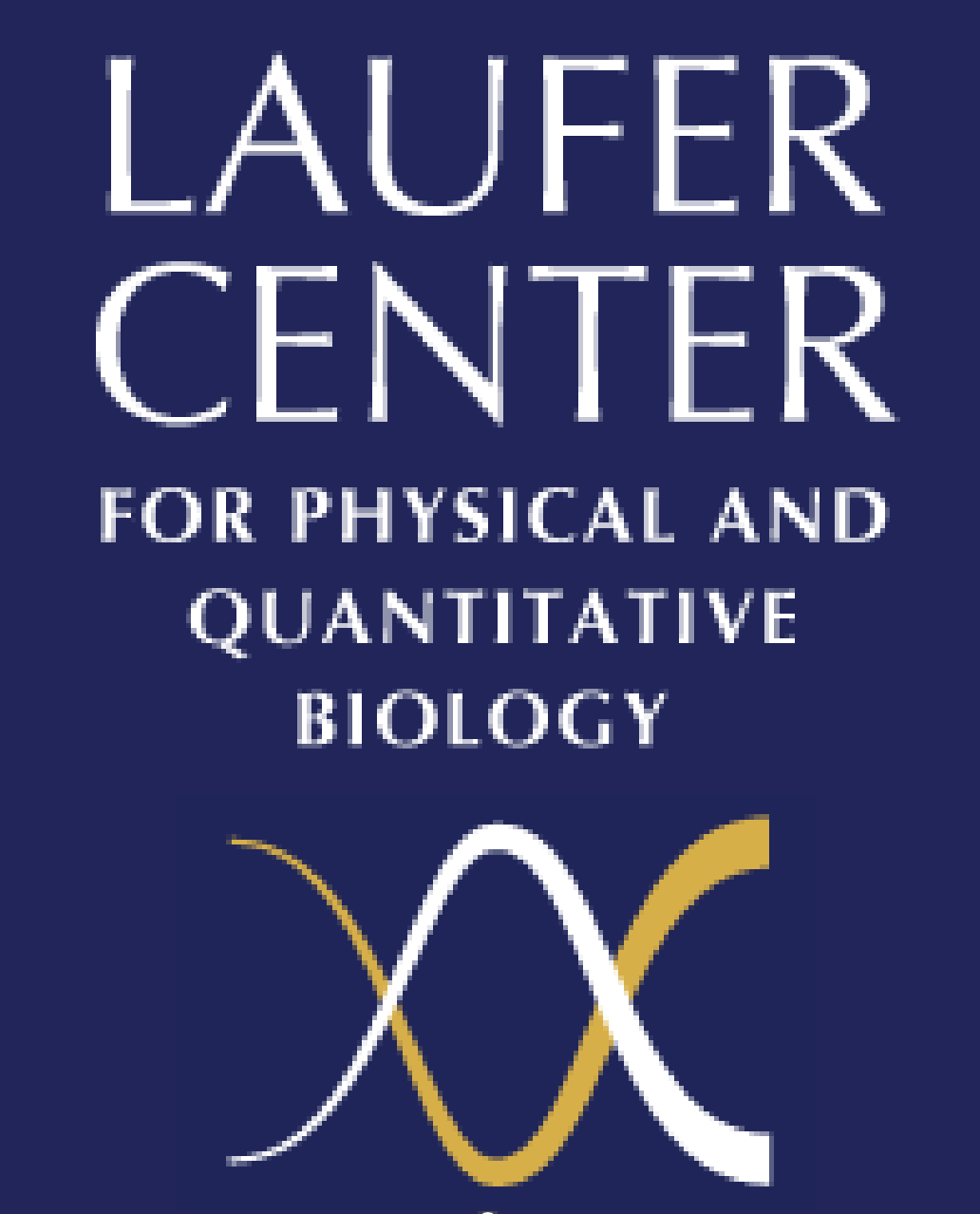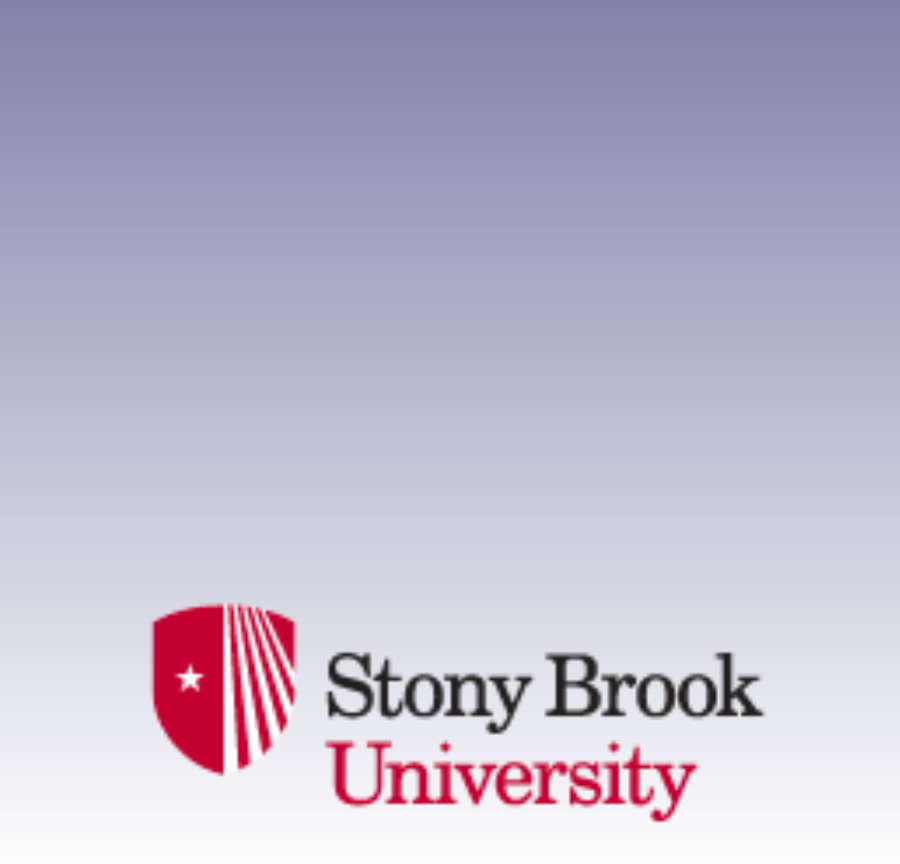Events Calendar
Stephen Fried
Assistant Professor of Chemistry
Johns Hopkins University
“Probing the Proteome’s Refoldability under Cellular-like Conditions with Mass Spectrometry”
Decades of research on protein folding have primarily focused on a subset of small proteins that can reversibly refold from a denatured state. However, these studies have generally not been representative of the complexity of natural proteomes, which consist of many proteins with complex architectures and domain organizations. Here, we introduce an experimental approach to probe protein refolding kinetics for whole proteomes using mass spectrometry-based proteomics. Our study covers the majority of the soluble E. coli proteome expressed during log-phase growth, and among this group, we find that one-third of the E. coli proteome is not intrinsically refoldable on physiological time scales, a cohort that is enriched with certain fold-types, domain organizations, and other biophysical features. In current studies, we performed these global refolding reactions under conditions that recapitulate the cellular milieu, in which cytosol is used as the buffer and the assistance of molecular chaperones is provided. DnaK (Hsp70) and GroEL (Hsp60) both proved to be remarkable molecular machines in these assays, rescuing many intrinsically non-refoldable proteins. Nevertheless, we identify a small cohort of E. coli proteins that are recalcitrant to refolding even with chaperones, and propose that these constitute a class of 'obligate cotranslational folders.' Finally, we share our newest results on probing the refolding of the Thermus proteome, which provide evidence of pervasive kinetic trapping as a strategy nature employed to sustain a thermophilic proteome.
Visit the Fried lab.
Please note: this will be a hybrid zoom/in-person seminar.
Carlos Simmerling, host


